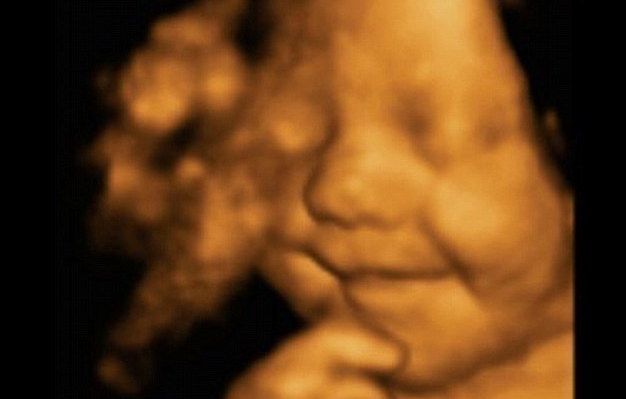State legislatures have passed a record number of pro-life laws this year to save unborn babies from violent abortion deaths.
The Guardian reported about the record this week after 19 state legislatures passed 106 pro-life laws this year.
The numbers come from the pro-abortion Guttmacher Institute, the former research arm of Planned Parenthood. According to its analysis, 2021 beat all other years for new pro-life laws, the next highest is 2011 with 89 pro-life laws passed.
Elizabeth Nash, a researcher at the Guttmacher Institute, admitted in a round-about way that pro-life laws do stop abortions and save babies’ lives. Even laws that do not directly ban abortions, such as informed consent, parental consent and abortion safety regulations, make an impact, she said.
“It’s important to remember that 1,336 abortion restrictions have been enacted since Roe v. Wade was decided in 1973, and in many cases they pile up one by one to have similar outcomes as outright bans,” Nash said. “Each new individual restriction forces people to navigate another barrier, and any one restriction – new or old – may be the restriction a patient cannot overcome.”
Texas has received the most news attention for its life-saving heartbeat law, which prohibits abortions once an unborn baby’s heartbeat is detectable, about six weeks of pregnancy. Thus far, the courts have refused to temporarily block the law, and pro-life leaders estimate 3,000 babies have been saved from abortion violence since it went into effect Sept. 1.
SUPPORT LIFENEWS! If you like this pro-life article, please help LifeNews.com with a donation!
But Arkansas and Oklahoma also passed more than a dozen pro-life laws each this year, according to the report. One new Oklahoma law will ban abortions completely once Roe v. Wade is overturned, and another requiring abortionists to be board-certified OB-GYNs could disqualify more than half of the abortionists in the state.
Indiana, Montana and South Dakota passed nine new pro-life laws each, including laws to protect mothers and unborn babies from dangerous abortion drugs and to inform mothers about the life-saving abortion pill reversal treatment. However, some of the laws already have been blocked by court order.
With three months left in 2021, the total could grow. Ohio is considering a bill that would protect unborn babies by banning all abortions as soon as the U.S. Supreme Court allows states to do so. Pro-life lawmakers in Florida and Arkansas also plan to introduce legislation this fall to replicate the Texas heartbeat law, which is saving as many as 100 babies from abortion every day.
Pro-life advocates have a greater reason to hope for the future. For decades, the Supreme Court has prohibited states from passing laws to protect unborn babies before they are viable. In December, however, the high court agreed to reconsider this precedent.
The case involves a Mississippi law that prohibits abortions after 15 weeks of pregnancy when an unborn baby is nearly fully formed. The justices are scheduled to hear the case Dec. 1, and their decision likely will be handed down in June 2022.
“The decision in [Dobbs v.] Jackson Women’s Health Organization will give us a sense of where the Supreme Court stands on abortion and potentially how far conservative states can go in limiting access,” Nash said.
With a conservative majority on the Supreme Court, pro-life advocates hope and abortion activists fear that the justices will allow states to protect unborn babies from abortion again.
In 1973, the Supreme Court took away the states’ ability to protect unborn babies from abortion under Roe v. Wade, and instead forced states to legalize abortion on demand. Roe made the United States one of only seven countries in the world that allows elective abortions after 20 weeks.
Since Roe, nearly 63 million unborn babies have been legally aborted in the U.S. Polls consistently show that a strong majority of Americans oppose abortions in the second and third trimesters and many support heartbeat laws that protect unborn babies at their earliest stage of life.








